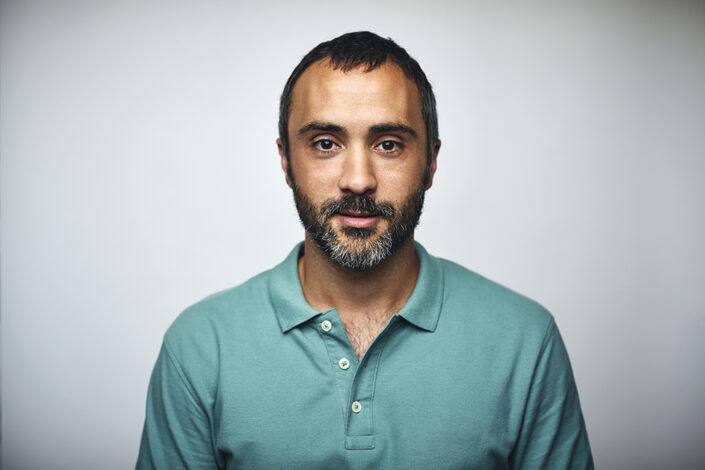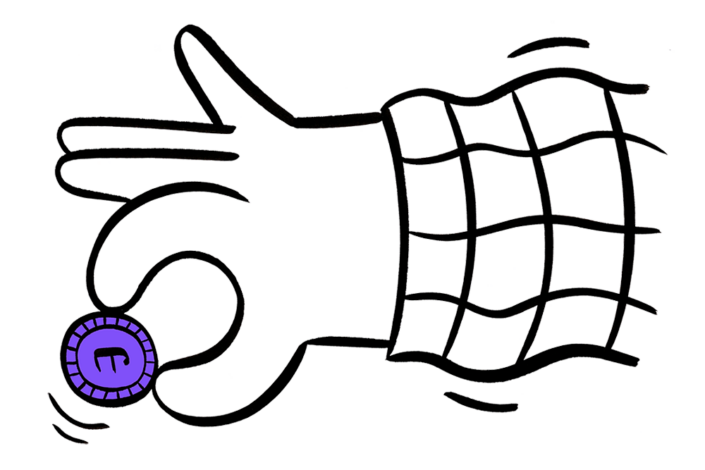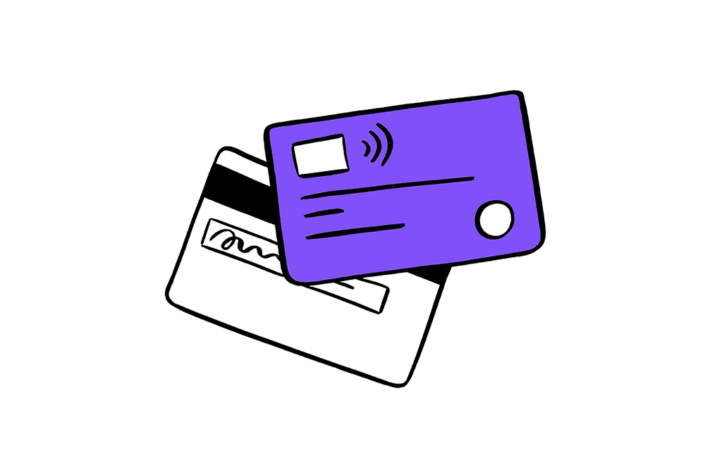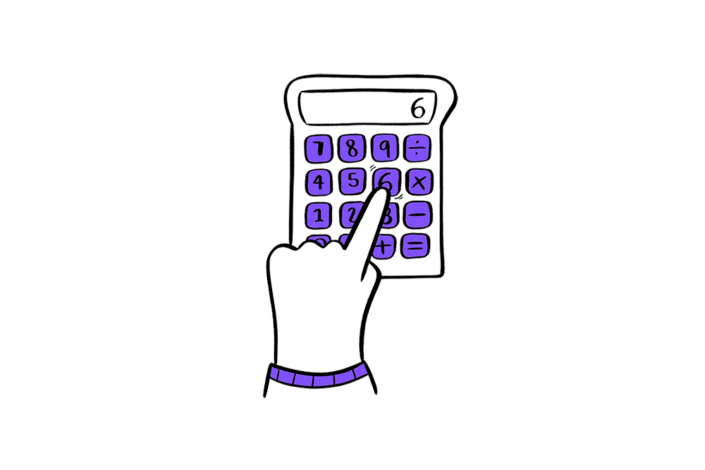If you’re in debt, here are some of the options open to you if you are based in England and Wales.
Debt Respite Scheme (Breathing Space)
The Debt Respite Scheme was introduced in May 2021. It provides 60-days ‘breathing space’ from enforcement by creditors whilst you look at a long-term solution with a qualified Money Adviser.

Debt Management Plan (DMP)
A Debt Management Plan is an informal way of managing debt whereby you make reduced offers of payment to your creditors based on what you can realistically afford.
Offers are made on a pro-rata basis i.e. those owed the most, get the most. If you have little or no disposable income, you can make nominal offers of £1 per month. You can ask for interest and charges to be suspended but creditors are under no obligation to do so.
When entering into an informal arrangement with your creditors to pay reduced amounts, the original credit agreement is effectively terminated, and this will affect your credit rating.
Creditors may trigger their normal debt recovery process which usually involves issuing a default notice and transferring your accounts to debt collection, including third party debt collection agencies.
A Debt Management Plan does not prevent legal action. If a creditor were to obtain a county court judgement they could secure the debt against your share of your property.
If you have disposable income, a Debt Management Plan may be a good option if you wish to avoid a formal, legal solution.
DMPs are managed by a DMP provider who will deal with your creditors so you won’t have to.
There are plenty of free providers so you shouldn’t be paying a fee for your DMP.
As with all debt solutions you should always talk it through with a qualified money adviser to make sure it’s right for you.
More information – Debt Management Plan (England and Wales) – National Debt Line

Debt relief order
A Debt Relief Order (DRO) is a formal insolvency option for people on a low income and with no assets. It can only be set up by an Authorised Intermediary and has a very strict qualifying criteria.
In England and Wales, you must owe less than £30,000, have assets worth less than £2,000 and must have £75 or less disposable income per month.
The fee for the application is £90. The DRO lasts for 12 months when all debts included in the DRO are written off.
You do not make any payments to your creditors during the 12 months of the DRO so it can be a very useful way of making a fresh start. There are some debts which cannot be included in a DRO so you should seek specialist advice to check whether this is the right solution for you and your circumstances.
We can help you to apply for a DRO and in certain circumstances can help with DRO fees.

Individual voluntary arrangement
An Individual Voluntary Arrangement (IVA) must be facilitated and managed by an Insolvency Practitioner. These are sometimes used as an alternative to bankruptcy, particularly by homeowners as you may be able to keep your home whilst in an IVA.
The process involves making a legally binding agreement with any creditors you have to make payments to for a period of approximately five years.
In practice, some of your debts may be written off at the end of the term, but assets can also be liquidised in order to pay for the debts.
A public record of an IVA is available on the Individual Insolvency Register and if your circumstances change the IVA may fail, which could lead to bankruptcy.
To qualify for an IVA, you need some disposable monthly income. If you’re considering this form of insolvency you should seek specialist advice to check that it is the right solution for you and you should research different companies to check fees and charges made for set up and management costs.
More information – Individual Voluntary Arrangement – National Debt Line

Bankruptcy
Bankruptcy is a formal insolvency procedure used when you are unable to pay your debts.
A period of bankruptcy usually lasts for 12 months.
In order to be declared bankrupt, you have to apply online and pay a fee of £680. Bankruptcy is registered and advertised, so some limited information will be publicly available.
Your finances will then be managed by the Official Receiver who will liquidise any available assets to pay your debts. In practice, this may mean that some debts are written off.
Not all debts can be included in bankruptcy and it is not suitable for everyone. You should seek specialist advice before making an application as the implications can be severe, such as the loss of property or a job.
For more information about bankruptcy, speak to one of our Money Advisers. In certain circumstances we can help with bankruptcy fees.
More information– Bankruptcy – National Debtline

How we can help and support you
Information and practical support to help you with money issues including our benefits calculator.
When money worries and mental health are connected, it can be hard to see a way through. We can help.
Related pages


Our benefits calculator will help you find out what benefits you can claim.
Information and support to help you through legal issues. Includes three calls with a legal professional.

